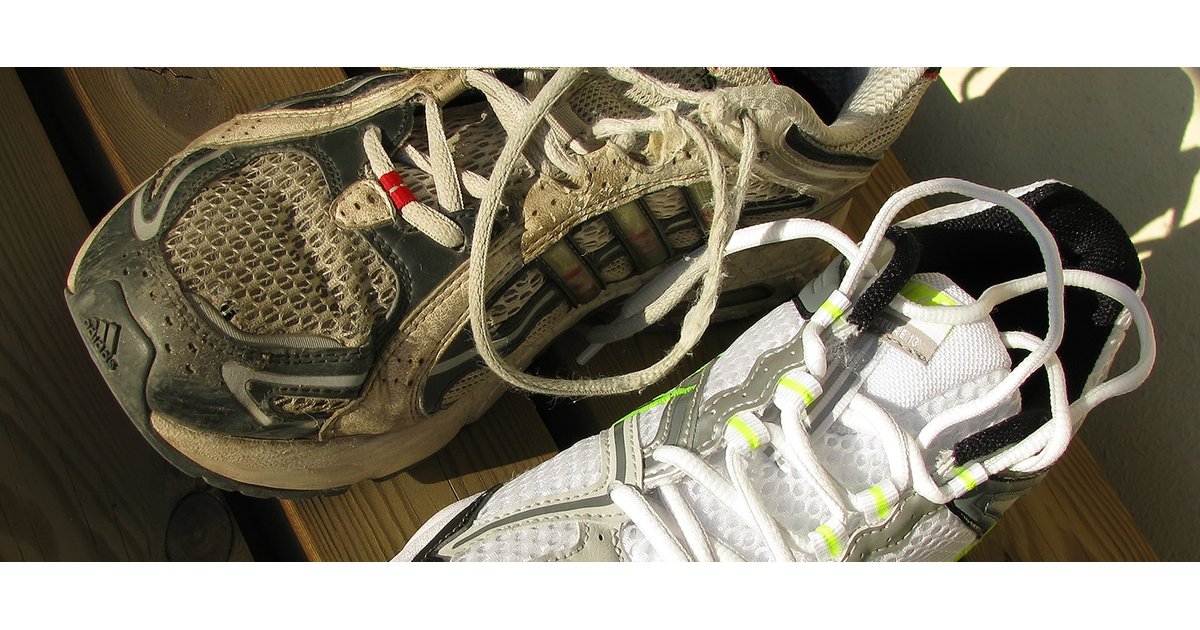
We all know that eating right can help you maintain a healthy weight and avoid certain health problems, but your diet can also have a profound effect on your mood and sense of wellbeing. Studies have linked eating a typical Western diet—filled with processed meats, packaged meals, takeout food, and sugary snacks—with higher rates of depression, stress, bipolar disorder, and anxiety. Eating an unhealthy diet may even play a role in the development of mental health disorders such as ADHD, Alzheimer’s disease, and schizophrenia, or in the increased risk of suicide in young people.
Eating more fresh fruits and vegetables, cooking meals at home, and reducing your intake of sugar and refined carbohydrates, on the other hand, may help to improve mood and lower your risk for mental health problems. If you have already been diagnosed with a mental health problem, eating well can even help to manage your symptoms and regain control of your life.
While some specific foods or nutrients have been shown to have a beneficial effect on mood, it’s your overall dietary pattern that is most important. That means switching to a healthy diet doesn’t have to be an all or nothing proposition. You don’t have to be perfect and you don’t have to completely eliminate foods you enjoy to have a healthy diet and make a difference to the way you think and feel.










